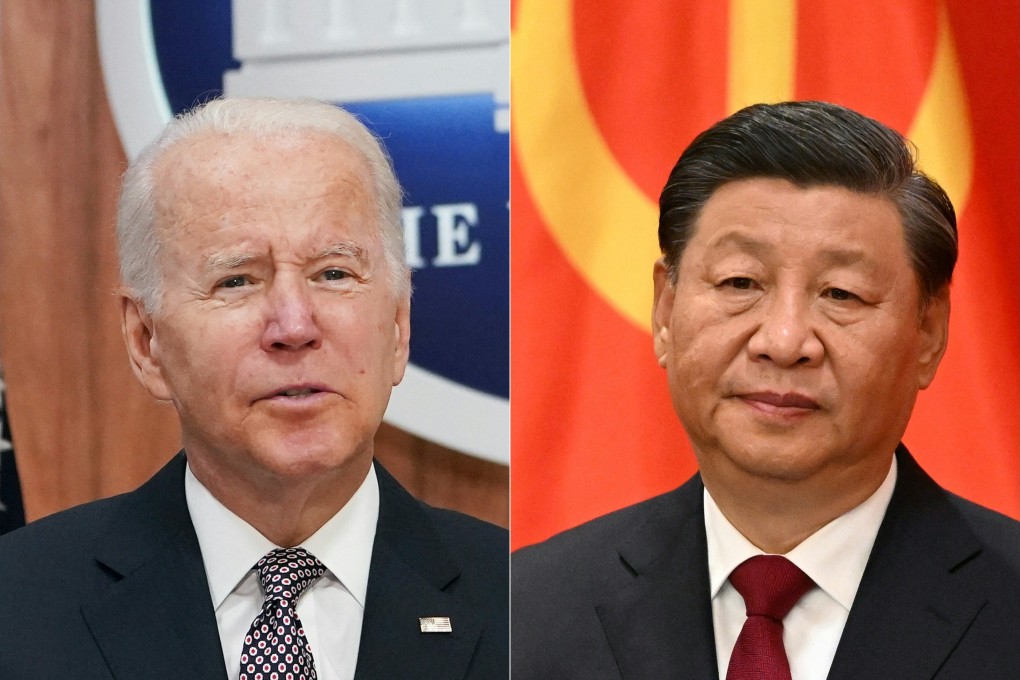Editorial | Face-to-face meeting between Xi and Biden universally welcome
- Without in-person, full, frank and respectful talks, dialogue and cooperation essential to stability could remain casualties of a new low in China-United States relations

If there is a conversation the world needs right now, amid geopolitical and economic instability, it is a face-to-face exchange between the leaders of the two major powers. Without in-person, full, frank and respectful talks, dialogue and cooperation essential to stability could remain casualties of a new low in China-United States relations. Confirmation that presidents Xi Jinping and Joe Biden are to meet in Bali on Monday, before the Group of 20 summit, is therefore universally welcome.
The prospect of such a meeting seemed problematic if not remote until a short time ago, even after Beijing signalled an end to the relative isolation of the pandemic by accepting visits from foreign leaders including German Chancellor Olaf Scholz. Ties had been stretched to breaking point by rising tensions over Russia’s invasion of Ukraine, US House Speaker Nancy Pelosi’s visit to Taiwan and a crackdown on tech exports aimed at containing China’s rise. One casualty was cooperation on climate change, which had previously been ring-fenced from bilateral conflict.
Signs of a thaw emerged after China’s successful 20th party congress last month. In a message to Washington, Xi said China was ready to find the “right way” to get along with the US and put bilateral relations back on track. Foreign Minister Wang Yi reinforced the sentiment when he met the US ambassador and called the American secretary of state, saying both sides had their bottom lines and could not change each other.
Biden has said the US wants to use the meeting to clarify the “red lines”, not that they should need any further articulating. Two things set this meeting apart. One is that is that while Xi and Biden have talked several times by video, this is their first face-to-face meeting since January 2017, when Biden was Barack Obama’s vice-president. The other is that both leaders’ standings have been politically enhanced, in Xi’s case by confirmation of a third term as party leader, and in Biden’s by the Democratic Party’s stronger-than-expected showing in the US midterm elections.
That said, there are no expectations for any obvious improvements in relations, given that the two leaders have already talked several times. The real issue is about the implementation of each side’s red lines. In that respect, if the US continues to provoke China over Taiwan, it is difficult to see how there could be any lasting improvement in relations. If the US can promise restraint, then Beijing should reopen dialogue suspended after Pelosi’s visit. Even so, the future of bilateral relations would be problematic if, as expected, Kevin McCarthy succeeds Pelosi as House speaker. If he carries out his expressed intention to visit Taiwan in a congressional capacity, that is sure to trigger another dangerous crisis in relations.
